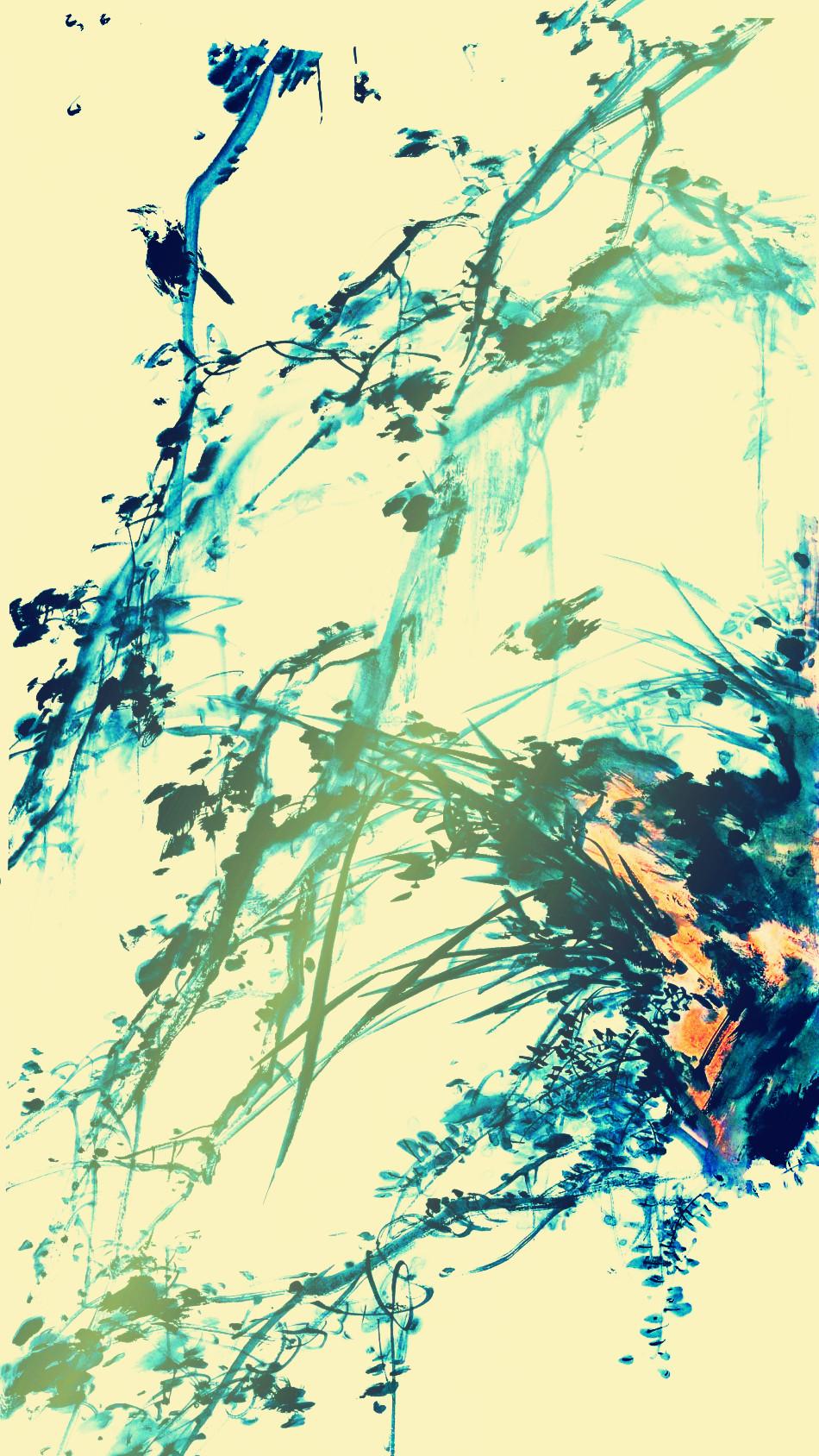Lianquan Let Water: Legend has it that during the Southern and Northern Dynasties, a man in Liangzhou, Fan Bainian, and Emperor Ming of Song accidentally mentioned the greedy spring in Guangzhou during a conversation. Emperor Ming of Song asked his hometown if there was such a strange river. Fan Bainian replied that Liangzhou only had Wenchuan, Wuxiang, Lianquan and Rangshui.

See History of the South. It is recorded in the biography of Hu Huan. Later, it was a metaphor for the beauty of terroir customs. Yu Pingbo in "Life is just like this. Why is it written in the "Jinghai Fundraising Revelation": "LianQuan let the water, fortunately being lonely and cold, weak and remnants of the soul, the family mountain can be expected, and the heart of the benevolent is a few miles away."
Tanabata: Tanabata refers to the night of the seventh day of the seventh month of the lunar calendar, and it is said that the cowherd weaver girl will cross the Tianhe River from Queqiao to meet on this day. In ancient times, incense cases were also set up in this festival to worship the cowherd weaver girl. The incense case is usually prepared on the seventh day of the first month of July, and in the evening begins to beg the weaver girl,
It has become a traditional custom, also known as Daughter's Day. See Southern Dynasty. beam. Zong Yi is recorded in the "Chronicle of the Jingchu Years". Tang Dynasty. Du Fu wrote in the poem "Morning Glory Weaver Girl": "Morning Glory is in Hexi, and the Weaver Girl is in the east; Forever looking at each other, Tanabata who sees the same!"